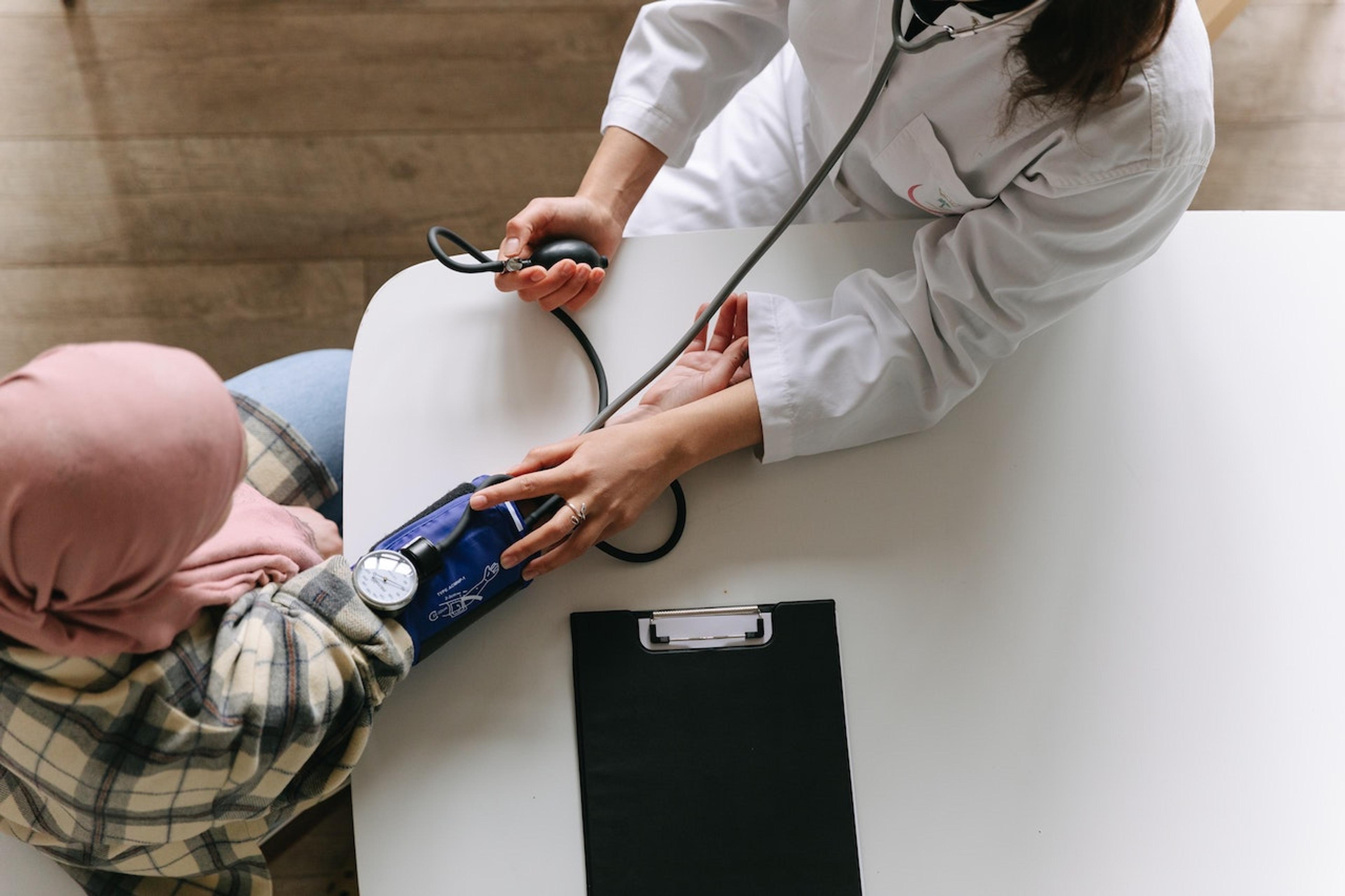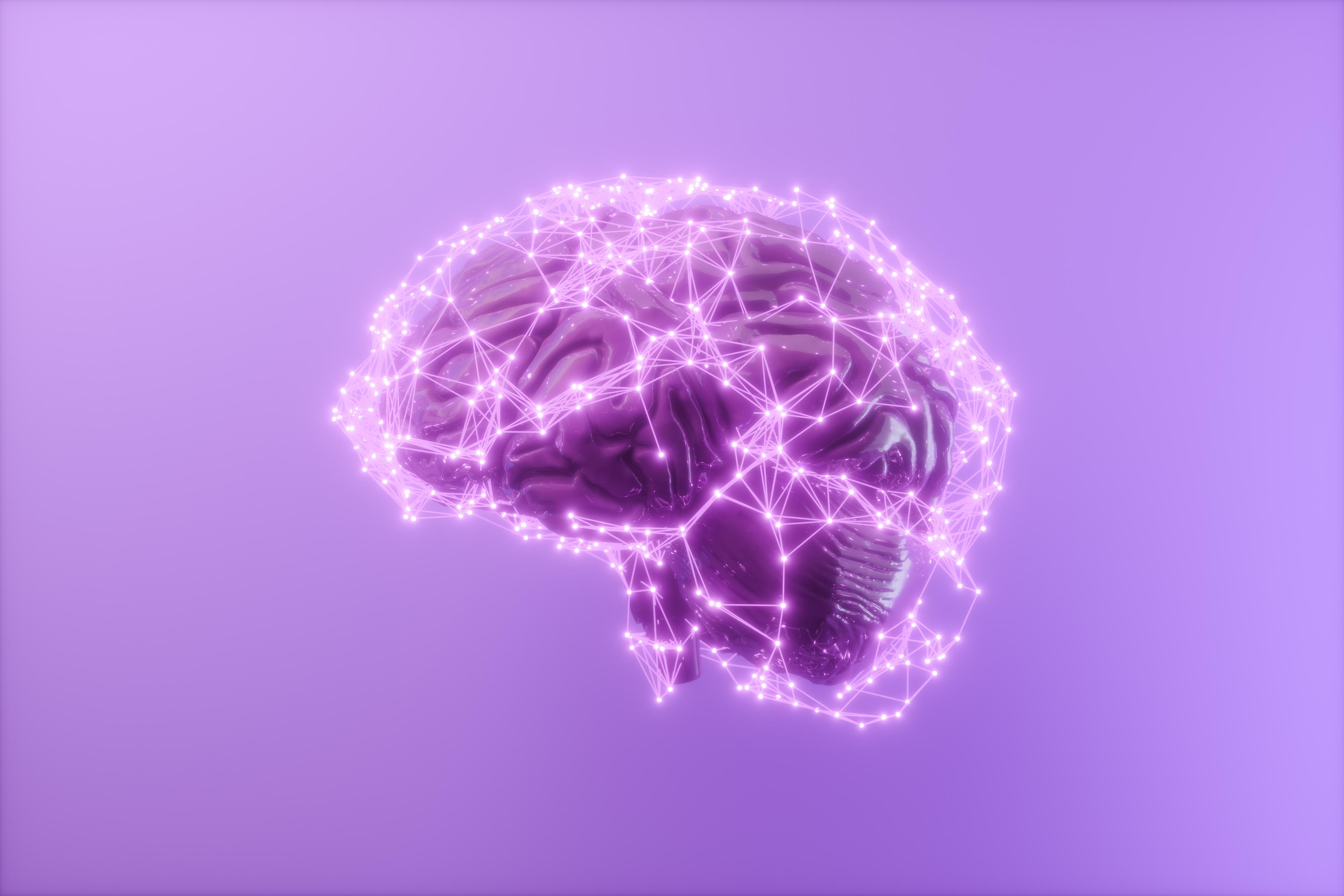
While eating disorders are mental illnesses, they’re inextricably linked to the body. They not only shape a person’s thoughts, feelings, and mood, but can also have a significant impact on physical health. Some of these consequences can be obvious, while others may be invisible without a medical evaluation.
Eating disorders are the second deadliest mental illness, and because you can’t always tell whether someone is in danger of developing a life-threatening complication, it’s essential to be informed about their health risks.
How Do Eating Disorders Affect Mental Health?
Because malnutrition affects the brain, eating disorders can lead to or amplify pre-existing mental health challenges like depression, anxiety, and/or obsessive-compulsive disorder.
Eating disorders can affect mental health in other ways as well, such as contributing to insomnia, which disrupts emotions and reduces resilience to stressors. Low self-worth, perfectionism, black-and-white thinking, and shame are some common emotional struggles experienced during an eating disorder. Others may experience grandiose thinking and be unable to perceive circumstances accurately or empathize with others.
Because eating disorders thrive in secrecy, they tend to foster a loss of authentic connection with friends and family, while emotional dysregulation interferes with relationships.
Having an eating disorder also increases a person’s vulnerability to substance use disorders and raises the risk for suicide.
Eating Disorders Affect the Body from Head to Toe
In addition to affecting mental health, eating disorders can take a serious toll on the body. Although this is not an exhaustive list of the physical impacts, some of the more common medical complications seen in patients with eating disorders include:
The Brain and Nervous System
- Loss of brain matter from malnutrition, which can impair memory and cognition
- Changes in the brain’s response to external rewards, which can reinforce eating disorder habits
The Face
- Damage to the esophagus and teeth from stomach acids found in vomit
- Puffy cheeks due to swelling of the salivary glands from vomiting
- Lanugo, a fine downy hair that can grow on the body to compensate for insufficient body fat to regulate temperature
The Reproductive System
- Amenorrhea, the loss of a period in someone who should be menstruating
- Decreased testosterone in males
- Fertility problems due to lack of menstruation and ovulation
The Skeletal System
- Stress fractures from malnutrition and overexercise
- Osteopenia and osteoporosis (decreased bone mass)
- Stunted growth that deviates from expected growth chart
The Digestive System
- Gastroparesis, the slowing down of the digestive system due to insufficient food intake. This condition can cause nausea, reflux, vomiting, bloating, and early fullness while eating.
- Constipation
- Abdominal pain
The Cardiovascular System
- Low heart rate (bradycardia)
- Fainting from low blood pressure upon standing (orthostatic hypotension)
- Heart rhythm abnormalities
Other Internal Organs
- Inflammation of the pancreas from malnutrition and purging
- Liver inflammation from malnutrition
- Kidney damage from dehydration
The Skin and Hair
- Dry, brittle hair and hair loss
- Lanugo
- Calluses on hands from self-induced vomiting
- Orange discoloration of the skin from excessive consumption of certain foods (e.g., carrots and sweet potatoes)
Can Physical Effects of Eating Disorders Be Reversed?
Every body reacts differently to malnutrition and other eating disorder behaviors such as vomiting and overexercise, and undoing the effects will be similarly unique to each person.
In a great deal of cases, nutritional rehabilitation can resolve many physical symptoms over time. There are, however, a few possible exceptions.
If malnutrition persists for a prolonged period of time, it may not be possible to fully correct bone density loss with nutrition and weight restoration — yet another reason why it’s important to get prompt treatment.
Because a lack of menstruation can contribute to bone loss and osteoporosis down the line, it’s very important for period-having people to get to a weight where they menstruate naturally. A common but misguided way to treat amenorrhea is to prescribe hormonal birth control. It’s vital to know that this approach can create what is known as “withdrawal bleeding,” which is not a true menstrual period that would indicate proper reproductive functioning. If malnutrition persists, hormonal medications like birth control do not improve bone density. Nutritional rehabilitation and weight restoration give people of all genders the best chance of restoring their health, including their hormonal and reproductive health.
Treatments such as crowns and veneers are available to improve the function and appearance of the teeth, though dental damage may be irreversible.
What if My Loved One Doesn’t Believe Their Health Is at Risk?
It’s worth noting that someone can be very ill with an eating disorder but have no obvious physical symptoms; bloodwork and vital signs may even be in the “normal” range despite severe illness. Many patients feel they aren’t “sick enough” to need treatment if they don’t have certain medical complications. On the other hand, someone with obvious health impacts can still struggle to accept or acknowledge they need help, especially if they are suffering from anosognosia, the inability to recognize their own mental illness.
Eating disorders are serious, potentially fatal illnesses that affect the entire person, inside and out. Everyone suffering from an eating disorder deserves treatment to address the physical and psychological effects — and to help them build a strong recovery and a life worth living. That process can take time and almost always takes a village. In addition to a professional treatment team, the support of family and friends can make all the difference in helping someone heal both body and mind.








